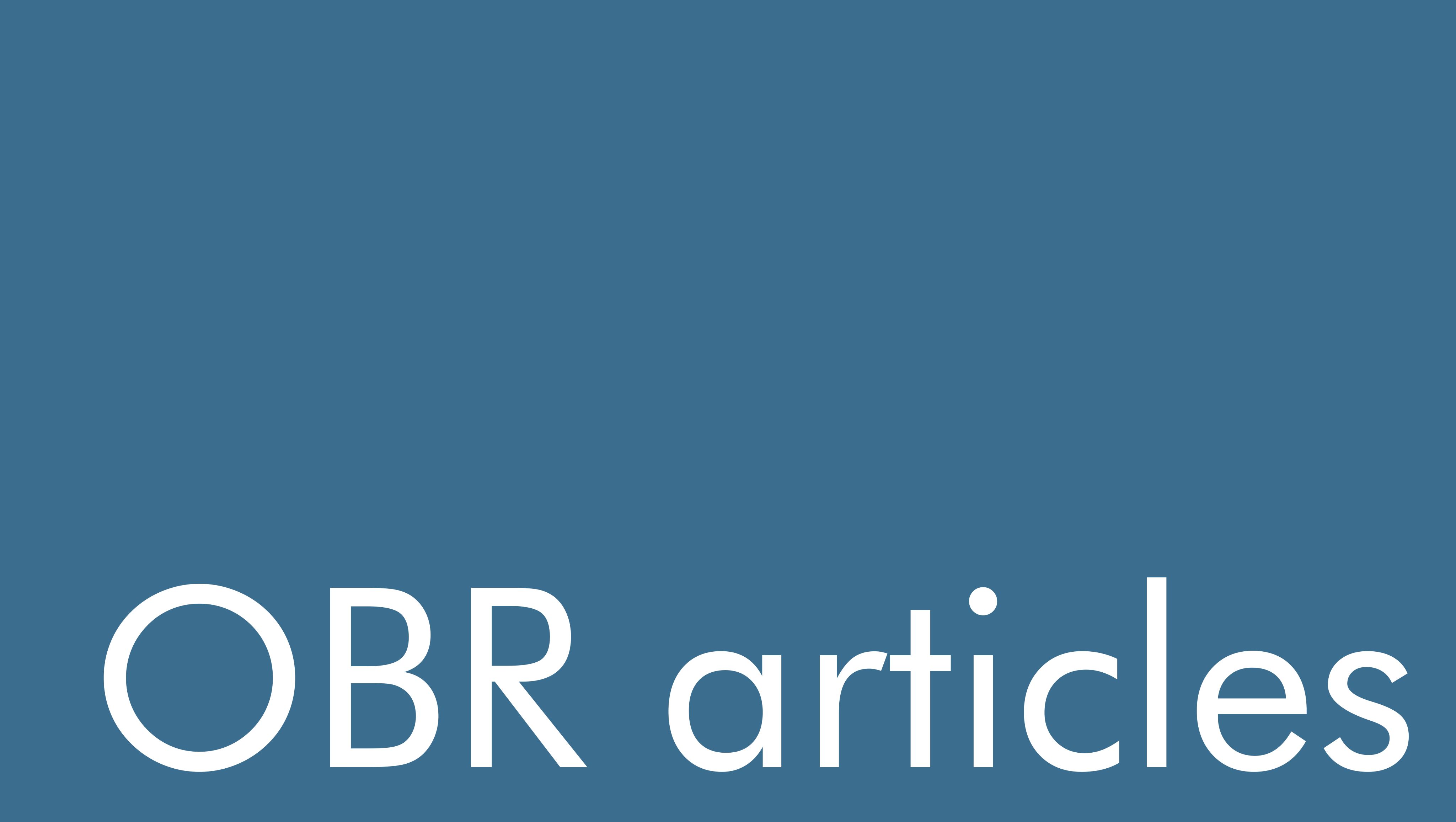The OBR ready reckoner

Our new ready reckoner allows users to obtain quick, indicative estimates of how changes in the economy affect public finances.
Background

The OBR ready reckoner is a tool that allows anyone to obtain quick, indicative estimates of the impact that a particular change in one or more economic variables (such as earnings or nominal consumption) would have on key fiscal variables (such as income tax or VAT). It is a simplified spreadsheet model which approximates the outputs of the much wider suite of models used in the preparation of our medium-term fiscal forecasts. However, as these forecasts always combine the, sometimes conflicting, outputs of these models with a wider range of analysis and judgements on key parameters, the ready reckoner cannot precisely predict the outcome of our forecasting process. Nonetheless, we think that publishing it can help to aid public understanding of how changes in the economy affect the public finances.
The ready reckoner is populated with elasticities drawn from our fiscal models which estimate the relationship between the main economic determinants from our economy forecast and the main areas of tax and spending.1 We use the ready reckoner for a variety of purposes, including to:
- sense check the results of an individual fiscal model;
- provide a quick estimate of the fiscal implications of changes in the economic outlook during each round of our forecasting process;
- illustrate the sensitivity of our forecasts to economic uncertainties; and
- produce the fiscal consequences of economic scenarios.
Alongside this article we are releasing an updated version of the ready reckoner. A number of important caveats need to be borne in mind when using the ready reckoner:
- The sensitivities are generally estimated from small changes to economic variables (usually one percentage point) from which the reckoner assumes a linear response. This is likely to be less true for large changes in variables, for example during the Covid pandemic.
- Where a number of economic variables act on a tax or spending line, they are assumed to be additive, whereas a multiplicative relationship is more likely. As above this will make the reckoner less reliable under large changes.
- The relationship between the main taxes and the economy is generally stronger than for items of spending. So, generally the reckoner produces a more reliable estimate for taxes.
- The ready reckoner can only estimate the impact of alternative economic scenarios on our fiscal forecast. It cannot account for the other, non-economic determinants of our various tax or spending forecasts such as behavioural changes, new policy measures, or changes in model assumptions.
Improvements since our last ready reckoner

We last published a ready reckoner in 2023 This is an improved version with the following updates and additions:
- We have updated the elasticities in the ready reckoner to be consistent with our March 2024 forecast. As the tax bases and the policy setting evolve, we expect these elasticities to become outdated and will look to make periodic updates.
How to use the ready reckoner

Users can obtain quick estimates of the fiscal impact of changes in our economy forecast by inputting their alternative economic assumptions into the published OBR ready reckoner. Here is a brief guide on how to do this:
- In the ‘Scenario_inputs’ tab, input your alternative economic assumptions by adding the per cent difference (unless otherwise stated) from our current economic assumptions, consistent with our March 2024 forecast. You can find our March 2024 economy assumptions in the ‘Determinants’ tab.
- Results from the alternative economic scenario will be shown in the tabs under the ‘Outputs’ section and all the calculations can be followed in the tabs under the ‘Calculations’ section.
As explained in the ‘Notes’ tab, the ready reckoner is not a fully integrated macro-fiscal model and therefore caution should be taken by users about the plausibility of their economic scenario. The tool will allow users to input scenarios even if certain identities are not met or if the assumptions are outside of what we would consider reasonable by historical and international standards.
Acknowledgements
With thanks to OBR staff, HM Treasury, HM Revenue and Customs, and the Department for Work and Pensions in preparing this new ready reckoner. We are grateful for their engagement, expertise, and insights.
Downloads
The OBR ready reckoner (article PDF)



